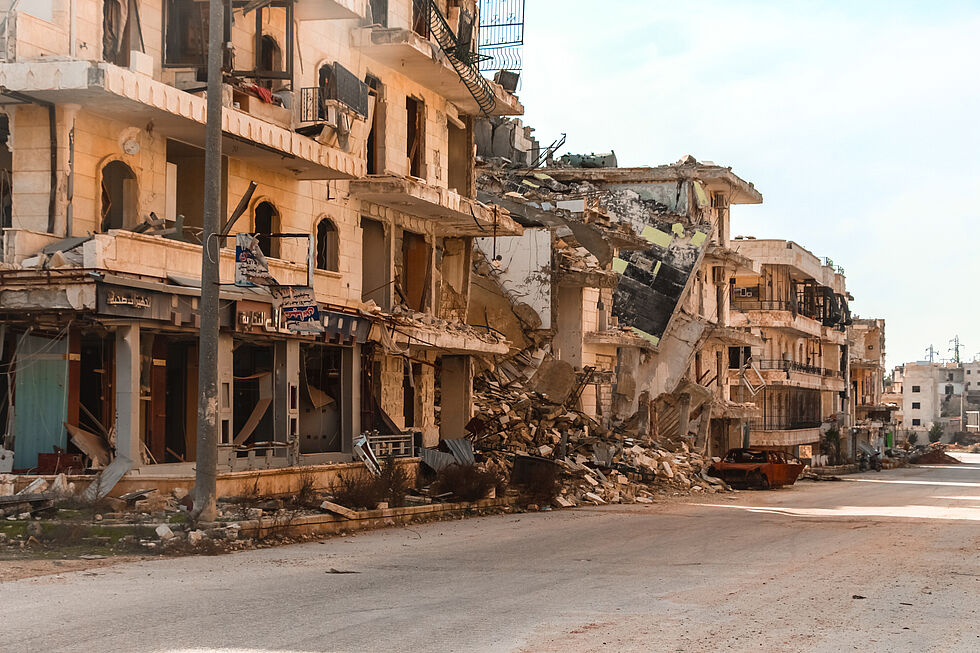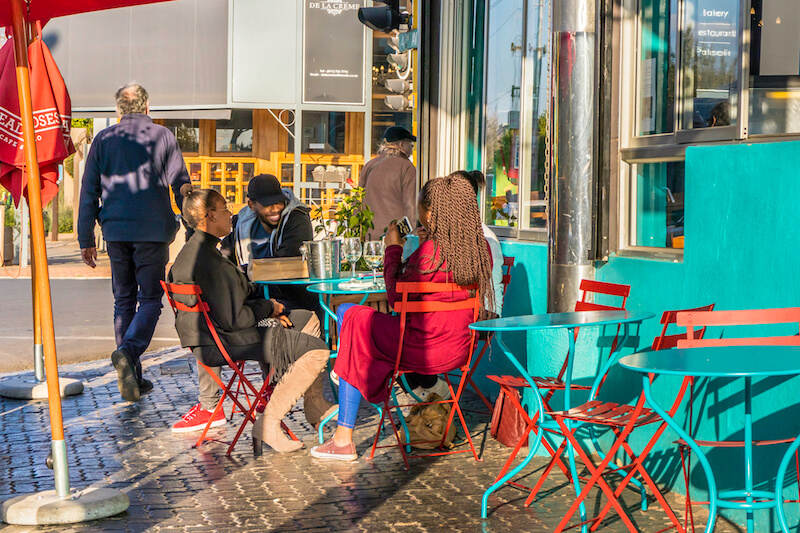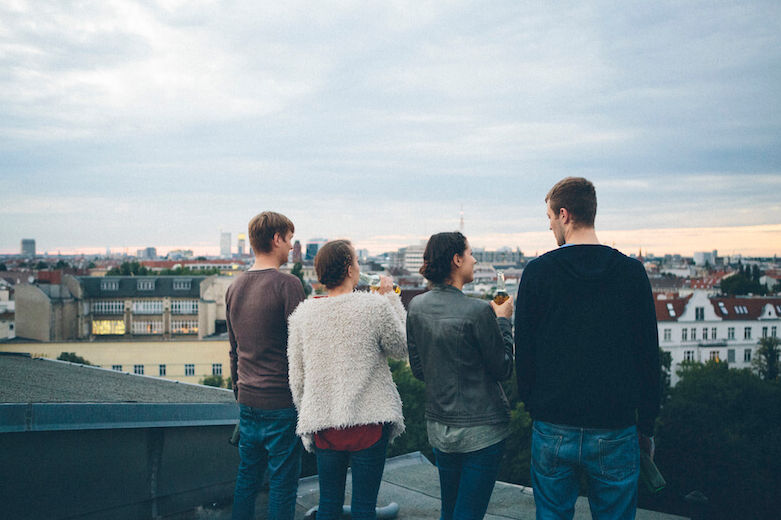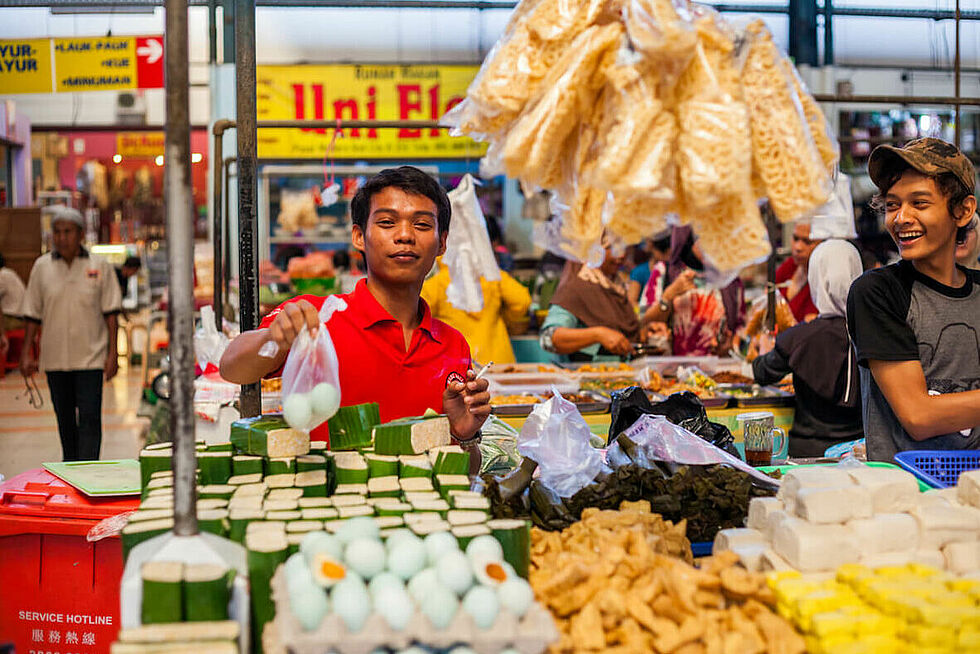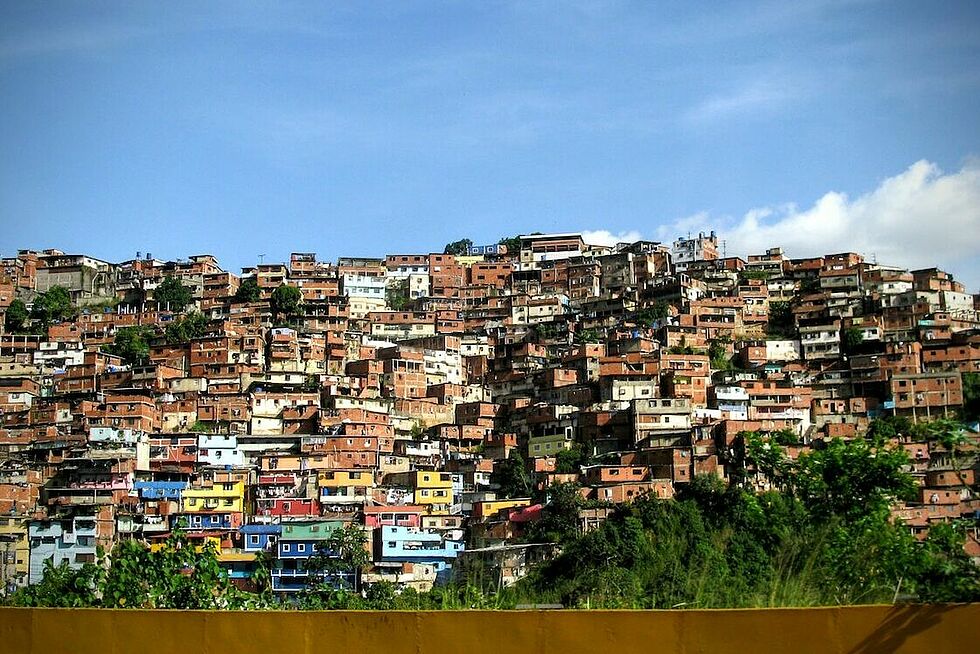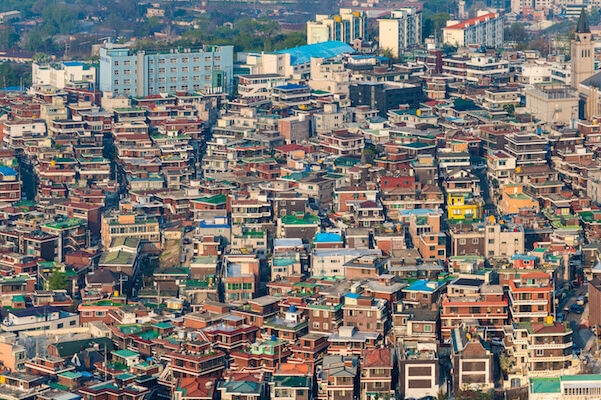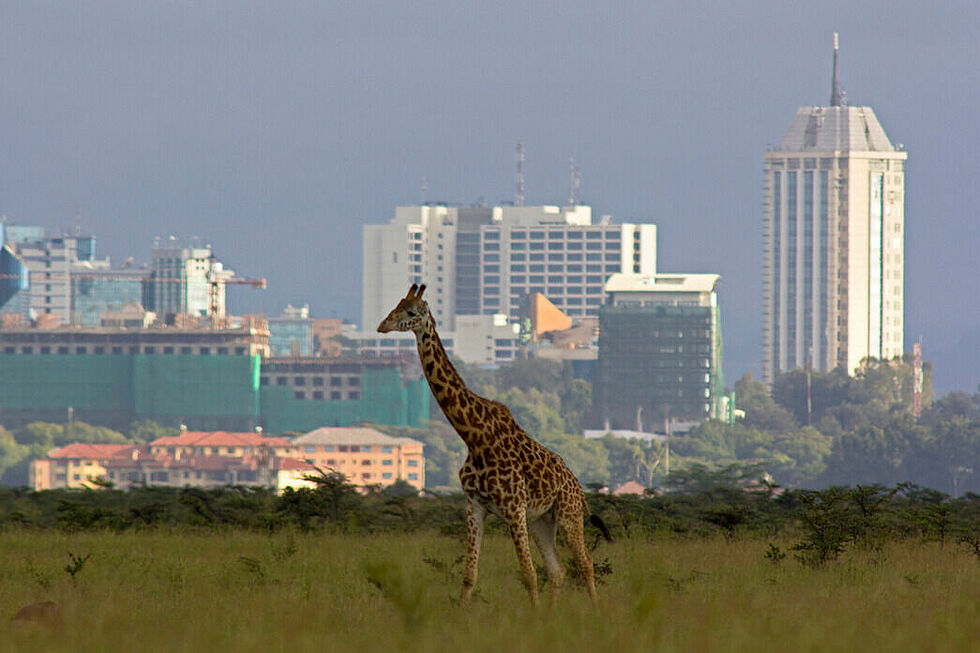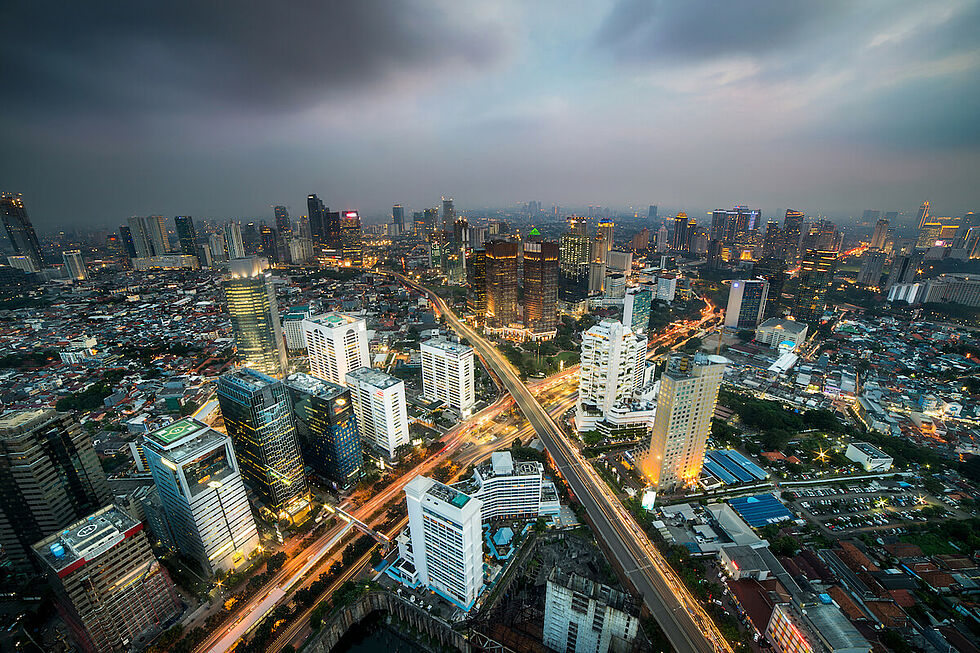September: social rights and cities
Hello readers of FES Connect!
When activists occupied the landmark theatre Volksbühne in Germany’s capital Berlin this week, the ongoing tense debates around the city’s future took a more dramatic turn.
The efforts by occupiers to turn the venue into a collectively run theatre, came in protest to the recent appointment of a new theatre intendent, a sort of a pop-star in the global art-world. The decision is believed to herald an attempt to make the venue more marketable, thus divorcing it from its present and its history.
Volksbühne was established in 1890 as a theatre of the working class and the current debates about the reasons for the occupation of the venue are indelible from global debates about the right to decide about a city’s future for those who actively shape it with their everyday labour, dwellers and commuters, workers and residents alike.
Critical voices have long contended that priority for urban planning and development in major cities globally is given to decisions that make the city more marketable as a destination, resting decisions about its future in a market-driven logic that commodifies social rights, like housing and the use of public spaces.
Planning cities and city growth on the premise of making it more marketable is a familiar trend to cities also in Asia, like Bangkok or Hanoi to state only the most recent in a series of examples. Everyday life and neighbourhood economies have been ripped apart by rezoning or repurposing land use, shutting down communal spaces, like local markets, destroying old city quarters and replacing them with luxury or tourist oriented amenities. The growth in global status of Asia cities these steps ensured, has been accompanied by a trend of rising urban poor in capitals that continue to under-prioritize social rights and development.
Radical acts to defend access and right to the city, like the one at Volksbühne, are a crucial reminder of the pressing political work needed to ensure that social rights, services and equal opportunities in cities are attainable for all. In a context where over half of the world population lives in cities, a share that will continue to rise, what kind of alliances and policies must we advocate for to support political commitments for socially just cities?
In this September issue, we bring activities, debates and people that shape and inform the ongoing work of the Friedrich-Ebert-Stiftung network pushing for socially just urban transformation with progressive partners, trade unions and staff, invaluable political actors and responsive observers of everyday developments. Together they contribute to bringing to fruition a vision for a socially just city governed by social cohesion, environmentally and economically sustainable, where decisions rest on the collective right of its residents and workers to define and transform it.
Read on, share, engage, and tweet us an image from your city on what makes #socialcity @FESnewsbrief!
Your FES Connect Editorial Team
About FES Connect
Connecting people, in the spirit of social democracy, we source and share content in English from the German and international network of the Friedrich-Ebert-Stiftung.
